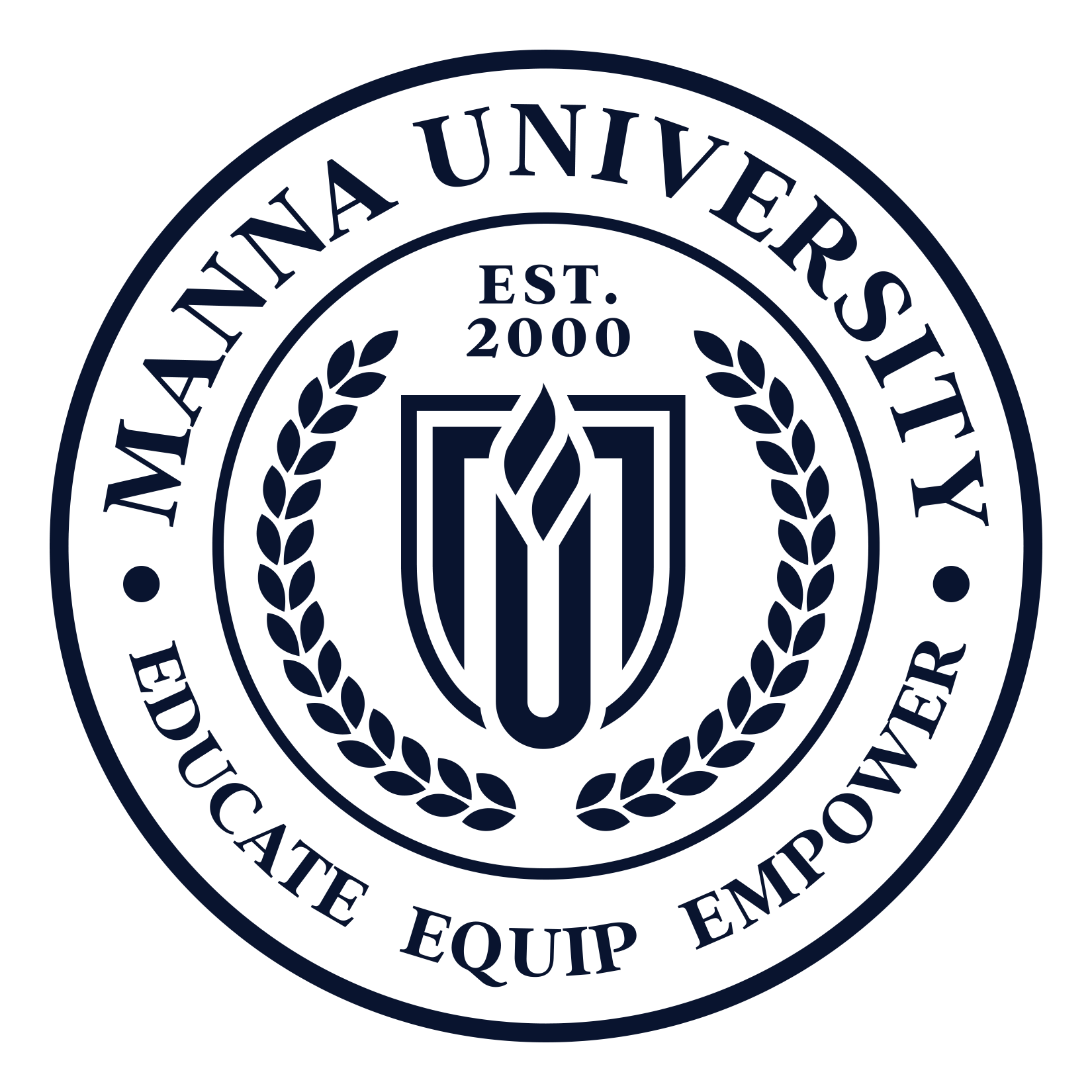Today, it’s common for businesses and companies to actively participate in social causes that call for help and offer support for communities. There are many modern-day examples of businesses improving local and global communities in need. This movement is best described as social entrepreneurship.
Described as the “One for One” company, TOMS has grown in prominence since the creation of the uniquely designed, one-of-a-kind shoe.
With every pair of TOMS shoes purchased, a new pair of shoes goes to a child in need in a developing country. Since 2006, TOMS has given more than 75 million pairs of new shoes to children in need around the world and has provided them with improved health and access to education.
Similar to TOMS, Bombas made its mark by designing specially-engineered socks that, when purchased, donate a new pair of socks to a person in need.
Bombas has been able to donate and provide over 7,136,758 pairs socks to those in need of them since its inception in 2013, meeting the number one need requested by homeless shelters nationwide.
Last, but not least, Love Your Melon is an apparel brand known for its uniquely crafted hats and dedicates its mission to support the fight against pediatric cancer by giving a hat to every child battling cancer in America. With every purchase made, 50% of profit from the sale of all Love Your Melon products is given to the Love Your Melon Fund, which supports its nonprofit partners.
Over $4,328,259 have been donated to partners around the country, and 132,586 hats have been given to children in need.
You may recognize a pattern here. TOMS, Bombas, and Love Your Melon are companies that were founded on and operate by principles and values rooted in social entrepreneurship.
So, what exactly is social entrepreneurship? A field, a profession, and a movement, social entrepreneurship is described as being “a process by which citizens build or transform institutions to advance solutions to social problems” like poverty, illness, illiteracy, environmental destruction, human rights abuses and corruption to make life better for many,” according to Social Entrepreneurship: What Everyone Needs to Know.
Blake Mycoskie, Randy Goldberg and David Heath, Zach Quinn and Brian Keller – the founders behind TOMS, Bombas, and Love Your Melon – are all social entrepreneurs. Though unique from one another, every social entrepreneur possesses common characteristics and exudes certain behaviors. They:
– Create public value
– Pursue new opportunities
– Innovate and adapt
– Act boldly
– Leverage resources they don’t control
– Exhibit a strong sense of accountability
As a result, community members from the local scale to the global scale can be positively affected by the actions and innovations of social entrepreneurs.
Want to learn more about social entrepreneurship and how you can incorporate it into your ministry? Consider enrolling in LEA 460: Social Entrepreneurship online for Spring B Term. Spring B Term classes are eight weeks long and can be taken online or on campus.

